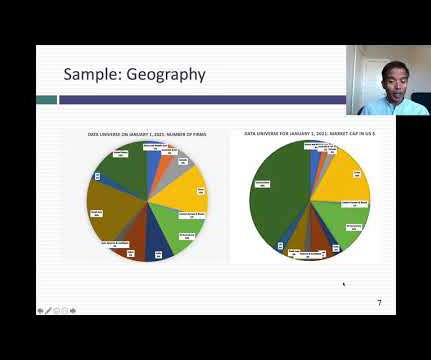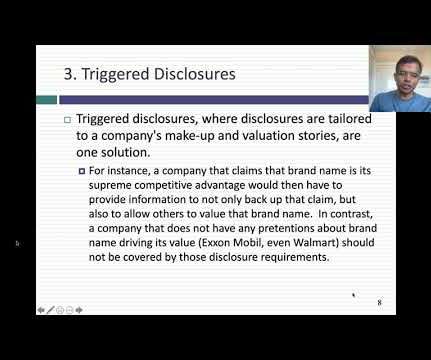Hedging or de-hedging, that is the question…
Simply Treasury
JUNE 3, 2021
The extremely high market volatility during the health crisis, one of the economic consequences of COVID, also forced many companies to review their hedging strategy. Many companies hedge on a budgetary basis and qualify hedges of future cash flows by applying the so-called "cash-flow hedge" method under IFRS 9 (ex-IAS 39).














Let's personalize your content